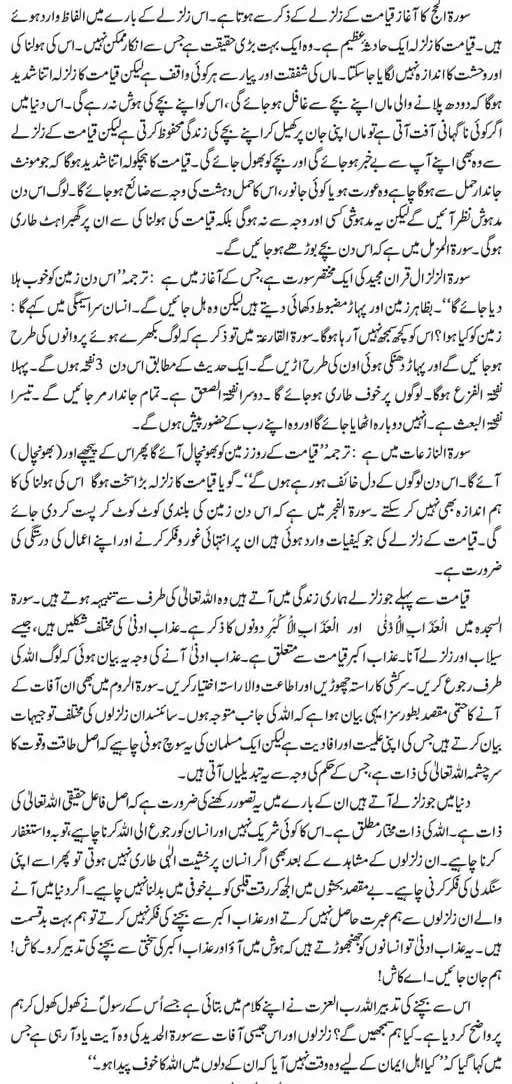The fasting of Ramadan is obligatory on all adult and sane Muslims, except those for whom it is too difficult or harmful to do so. They include the following categories of people:
a) Persons traveling and the ill whose illness can be made worse by fasting. It is not recommended for such people to fast but if they do so, it will be accepted from them. If they choose to heed the recommendation and not fast, they must fast an equal number of days after Ramadan to make up for the days they missed.
b) Menstruating women and women with post-partum bleeding are not allowed to fast and it will not be considered valid if they do. But they also must make up for the days in which they did not fast.
c) Pregnant and nursing women, if they fear that fasting can be harmful to their children or to themselves, need not fast. If they don’t fast, they must make up for the days on which they break the fast. In addition, they must feed a poor person for every day that they broke their fast if they broke it because they feared only for the health of their children.
d) People who are not capable of fasting, either due to old age or incurable diseases, are not to fast. It is enough for them to feed one poor person for each of the days in which they fail to fast. The more people they feed the better.





